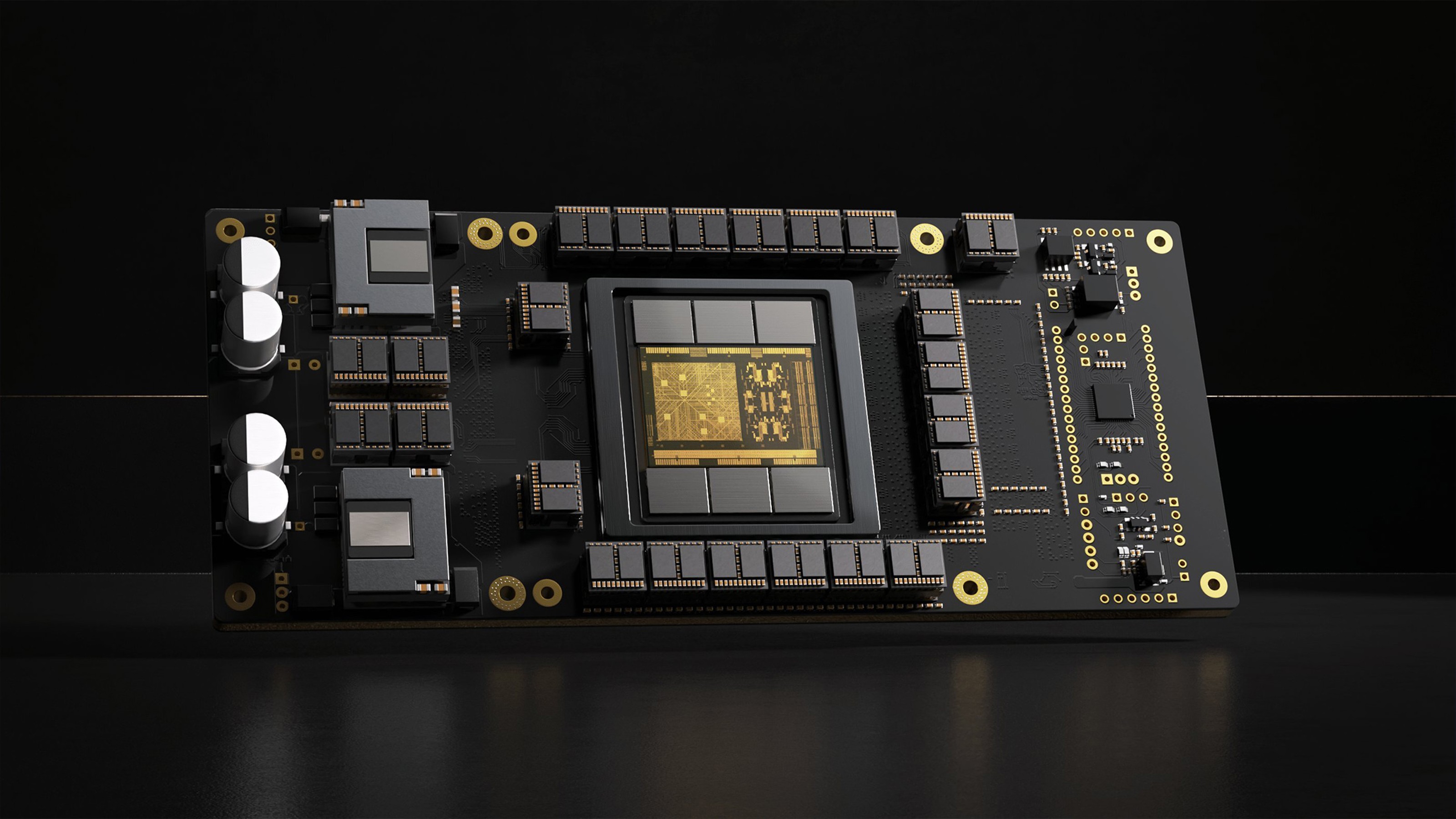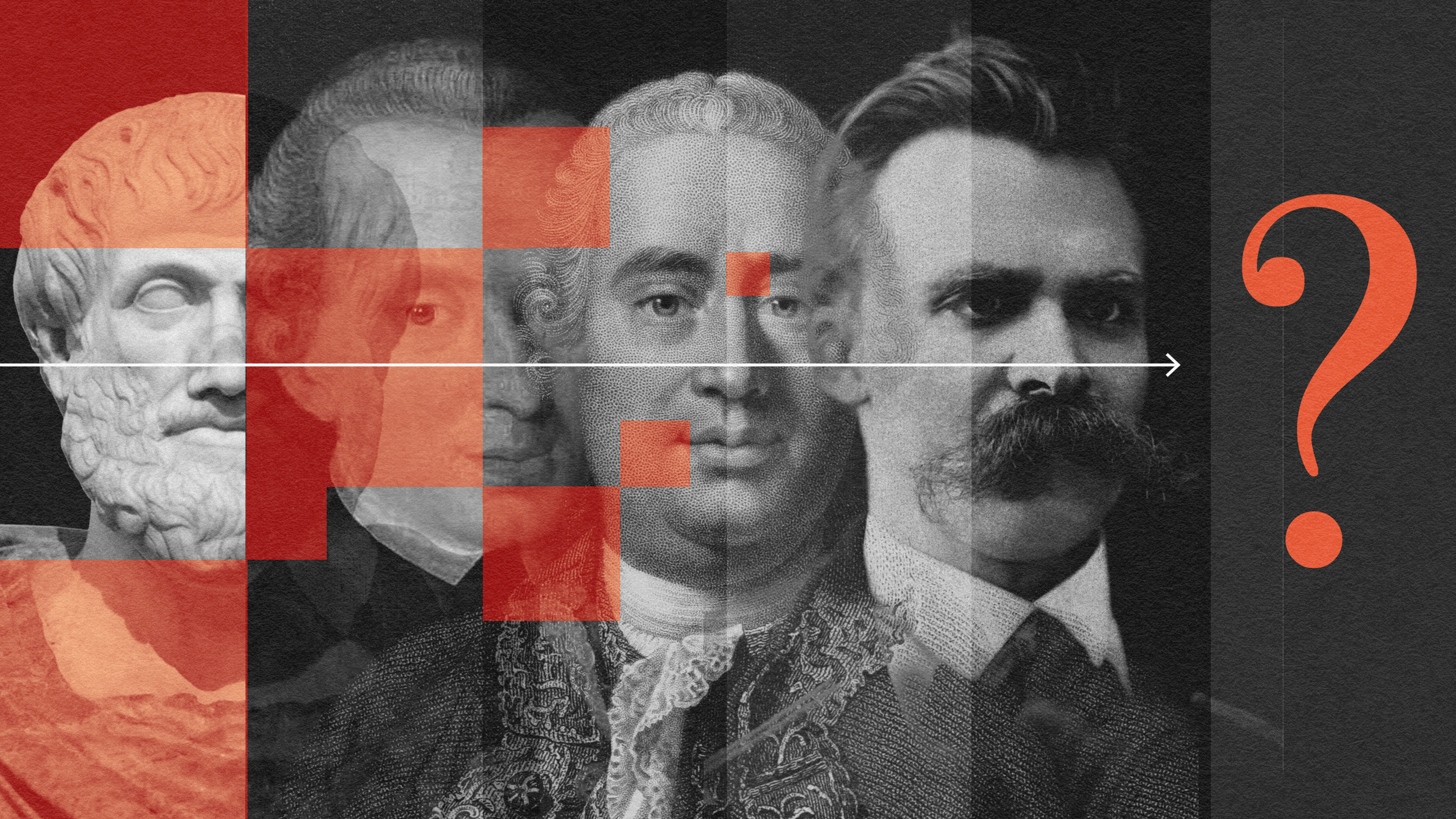Looking For Life In The Stratosphere

What’s the Latest Development?
A team of NASA researchers led by microbiologist David Smith is planning to launch a balloon into Earth’s upper atmosphere to detect and collect microorganisms that may be living there. Prior studies have determined that such organisms could reach the stratosphere, but it’s still not clear how long they remain viable. Assuming they’re there — and Smith says, “There’s very little doubt in my mind they’re there” — the team’s analysis will involve finding out their origin, how many are actually alive, and how long they’ve been floating above Earth, among other things.
What’s the Big Idea?
The existence of stratospheric microorganisms opens up new avenues of study in various scientific fields. For example, Smith says that if they’re able to survive the radiation found at the edge of space, they may be strong enough to travel to other planets, and similar collection techniques could be performed in those planets’ stratospheres. On Earth, measuring populations of microorganisms could “give insights into the role of global dust on the movement of pathogens and non-pathogens between continents,” according to researcher Andrew Schuerger. Given the prevalence of microbes on Earth, one large challenge will be avoiding contamination: “You’re going to have to prove that you didn’t bring [them] with you on your instruments,” says Smith.
Photo Credit: Shutterstock.com





